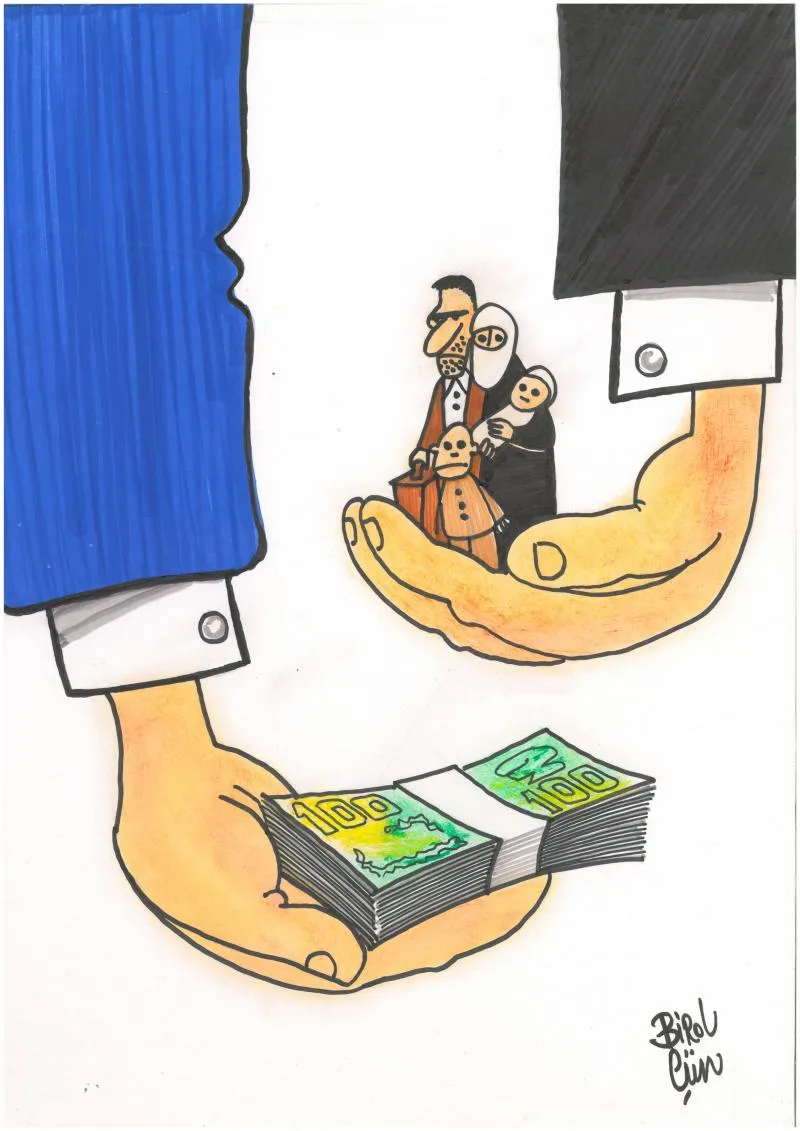
Capitalism Past and Present
In Gilder’s, Chapter Three: The Returns of Giving. In Wealth and poverty (pp. 27–49) Gilder walks us through the structure of capitalism being built on the freedom of exchange demonstrated by civilizations for ages. These exchanges run much deeper than their surface level, economic value. Prior to an established currency system, members of family, friends, and co-workers often present gifts to neighboring groups or individuals as a representation of their respect and gratitude. The occurrence of these trade-offs’ dates to early human development by tribal leaders. In the past, these leaders would provide a multitude of gifts, such as a feast, to neighboring tribes, as an illustration of the respect they carried for one another. However, while presenting these donations often dignifies a symbol of selflessness and high regard, people are not presenting these items strictly out of the kindness of their heart. Most of the time, these gifts are provided with the expectation of receiving something of equal or superior value in return. Levi and Strauss define this line of thinking as, "give back with interest,". This basis composes the psychological roots of capitalist wealth, and many connect elder tribe leaders with the classical views of capitalism. The author illustrates this reasoning when he mentions,
Capitalism begins with giving. Not from greed, avarice, or even self-love can one expect the rewards of commerce, but from a spirit closely akin to altruism, a regard for the needs of others, a benevolent, outgoing, and courageous temper of mind. (Gilder, 2012, p. 27)
I believe this ideology has remained prevalent in capitalism and the psychology of our human interactions. In today's age, we present gifts to our peers and loved ones during times of celebration. During these special occasions, such as birthdays, holidays and special occasions, people selflessly offer gifts to the individual(s). Despite these actions being done with sincerity, eventually all people still expect a sort of repayment. This may not come strictly in the form of money. Often, this can be illustrated with reciprocal actions or other formats that present equal pleasure. However, there are some who do not feel obligated to return the favor. While some believe in gifting after being gifted, others are not bound to this logic.
Connection of Past/Present
Ultimately these concepts tie closely together into the makeups of capitalism. Gilder outlines that the followers of this economic policy are driven by their desire to achieve freedom and power through their ambitious dreams. Unlike many others, while financial independence is a social status they strive to obtain, it is not their sole motivation. This unique line of thought process is what separates capitalists from their peers. Most of society work their daily jobs to simply earn the highest income they qualify for.
World Powers
The author outlines the anthropological evidence of capitalism which suggests this policy starts with the sincerity of providing gifts and continues through the competition of giving. This competitiveness breeds new levels of wealth. This is because to effectively provide a gift to the recipient, the giver must expend their time and effort to fully understand the recipient. After doing so effectively, they can provide a gift which satisfies the wants and needs of the beneficiary. Once the receiver has collected their offering, they are typically eager to return the favor. To do so, they must go through the same process of understanding their audience. This cycle of gift giving carries no time limit. Because society constantly gifts its members with valuable goods, the economy consistently grows stronger. Unfortunately, there are those who stand in a higher social/economic class than others and thus do not feel obligated to return the pleasure. A great example would be China, Russia, and the United States of America. Because these three stand as some of the most powerful, well-established countries in the world, they often do not engage in equal trade with lower income nations. While they do engage in generous acts with their allies, ultimately their priorities lie in promoting their nation to its highest power. Everyday they perform selfish acts of greed, with no hesitation. These world powers do not subscribe to being capitalist countries, yet they have seen tremendous success with their economy. If capitalism has the effect, the author is portraying, why are these nations adopting this policy? These countries have shown their economy can thrive without using similar practices. While the authors demonstrate great research and reasoning, if the leaders of the world’s most powerful nations do not buy into this, why should I?
Modified Model
In the end, capitalism is an ideology that turns the impulse of mankind to give to others into a process of disciplined, creative investment. An individual will never obtain the true power of capitalism if they are motivated by selfish desires. I believe it has tremendous value in some of its core principles. With a few tweaks, and modification, I believe this style can breed one of the most prospering economics the world has ever seen.
Citations
Gilder, G. F. (2012). Chapter Three: The Returns of Giving. In Wealth and poverty (pp. 27–49). essay, Regnery Publishing, Inc.